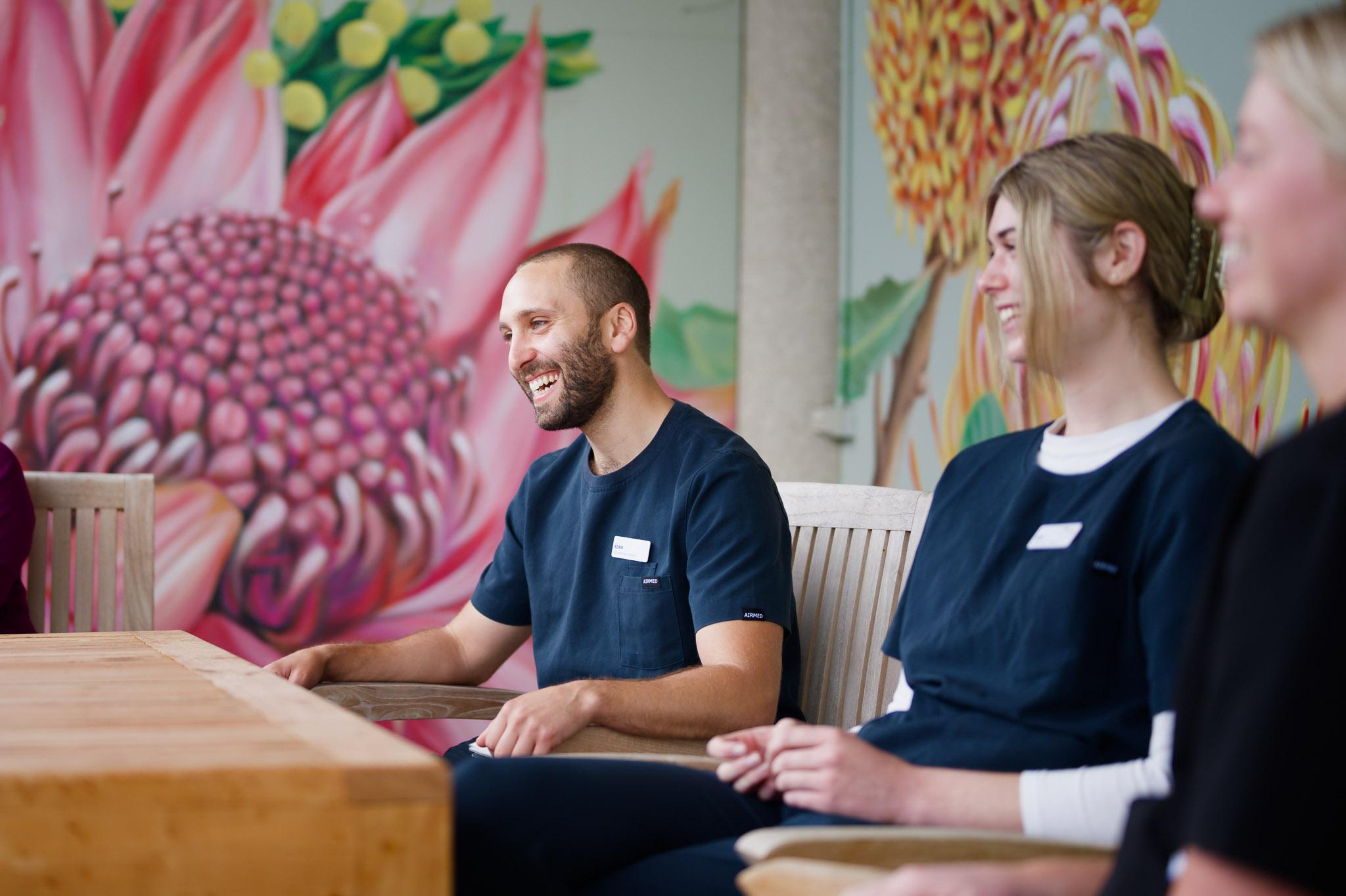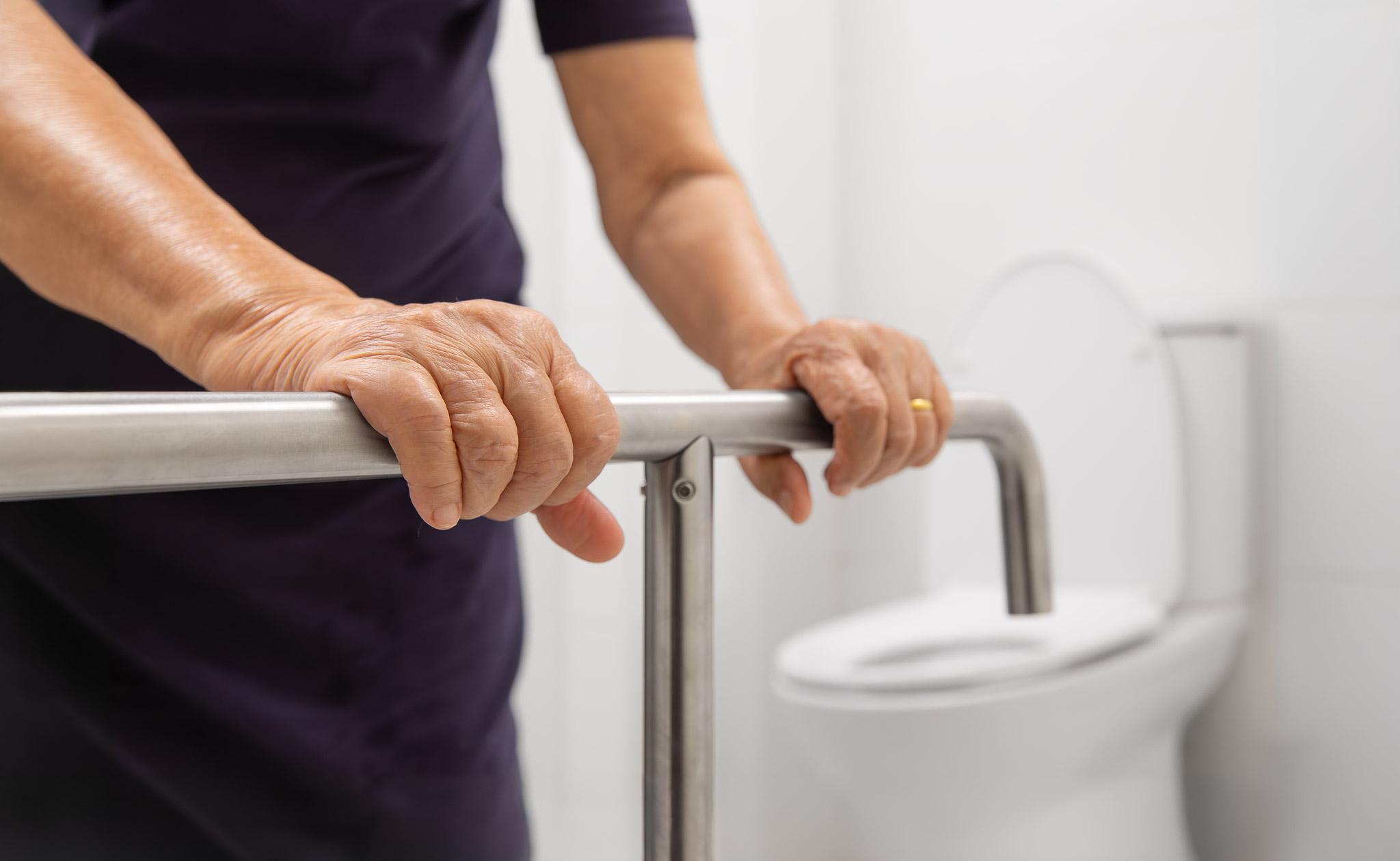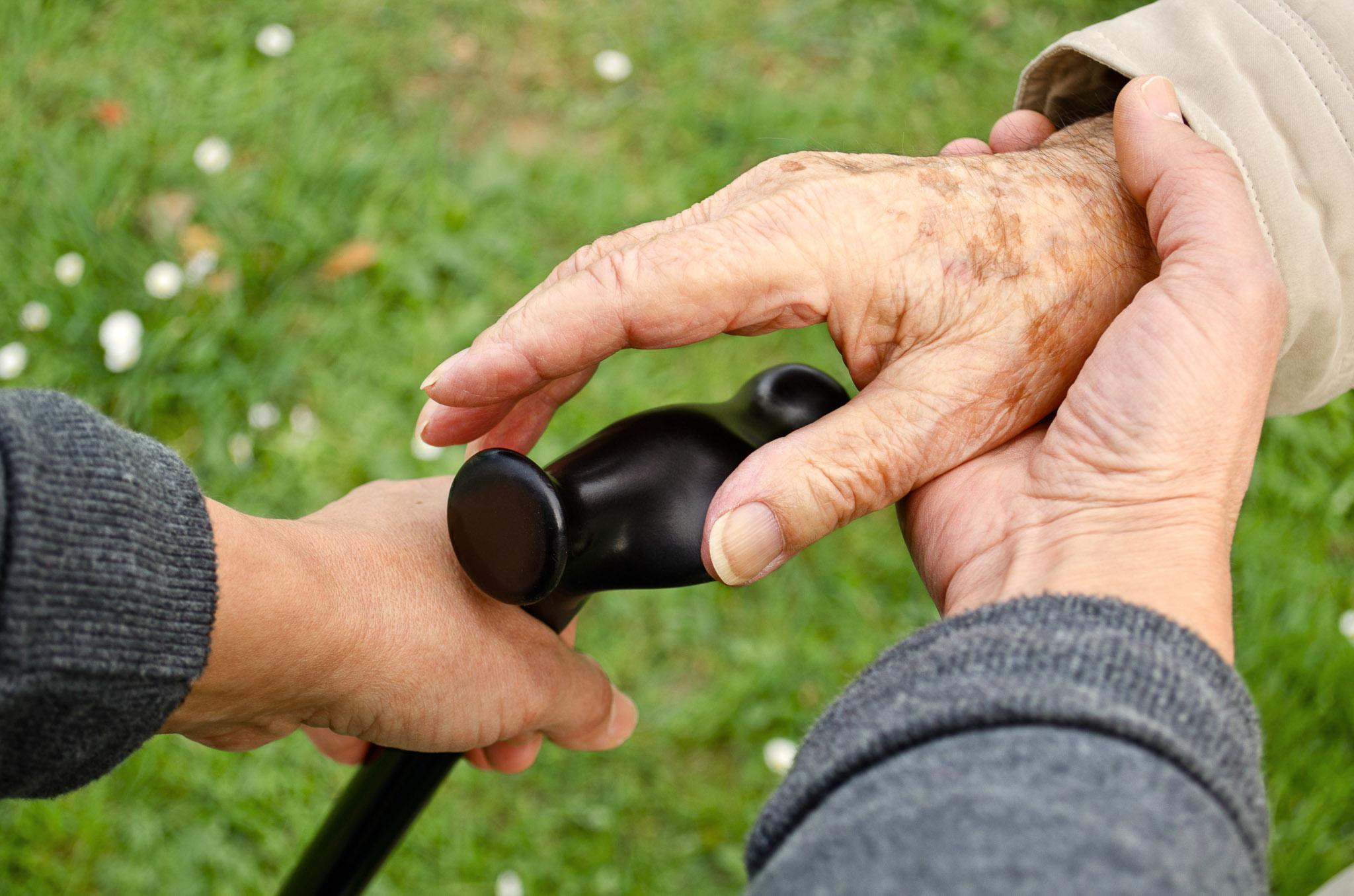
18 December 2025
On-Demand Learning Hub
To explore OTA’s full range of CPD & Events - including live and on-demand learning - visit Search all CPD & Events.
16 December 2025
Policy and Advocacy update – 18 December 2025
Read about OTA policy and advocacy updates and developments this week, including a submission request for better NDIS pricing, updated ADL assessment requirements, and many more.
10 December 2025
Policy and Advocacy update - 11 December 2025
Read about OTA policy and advocacy updates and developments this week, including algorithm-driven NDIS support needs assessments, a call for input from AOPA, changes to Better Access, and many more.
10 December 2025
Practice Resource: Occupational Therapy and the Strengthened Aged Care Quality Standards
This resource helps occupational therapists (OTs) and key stakeholders understand the specific ways the Strengthened Aged Care Quality Standards relate to occupational therapy scope of practice.
9 December 2025
Research Survey: Assessing video-based learning for better relational care practice
The purpose of this study is to evaluate healthcare professionals' and educators’ perceptions of a co-designed, evidence-based video on developing professional, therapeutic relationships with patients.
8 December 2025
Connections Summer 2025
Connections Summer 2025 edition celebrates OT Week 2025, the launch of OTA's Innovate RAP, Advocacy update, NDIS reforms in action, and many more.

8 December 2025
Coming Soon
7 December 2025
Seeking EOIS for our State and Territory Advisory Councils
If you are passionate about shaping the future of occupational therapy in your state or territory, we would love to hear from you!
2 December 2025
Policy and Advocacy update – 4 December 2025
Read about OTA policy and advocacy updates and developments this week, including NDIA opens consultation, findings on Ahpra’s registration fee model, and many more.
27 November 2025
Enhancing your OT practice through PRPP Assessment and Intervention
Discover how the PRPP Assessment and Intervention can transform your understanding of functional cognition and elevate your occupational therapy practice.
25 November 2025
Research Survey: Roles of frailty dashboards in acute care
The research study aims to investigate how clinicians, allied health professionals and managers working in the hospitals perceive the use of an electronic frailty index for the medical care of their frail older patients.
18 November 2025
Policy and Advocacy update – 20 November 2025
Read about OTA policy and advocacy updates and developments this week, including updates on Thriving Kids and Aged Care services, a report on the National Mental Health and Suicide Prevention Agreement, and many more.
11 November 2025
Department of Health Disability and Ageing - Support at Home for Allied Health professionals
This document offers a summary of information drawn from resources provided by the Department of Health, Disability and Ageing.
11 November 2025
Policy and Advocacy update – 13 November 2025
Read about OTA policy and advocacy updates and developments this week, including a 12-month Quality Supports pilot to provide feedback for future pricing policy, the new Aged Care Act, and many more.
10 November 2025
CPD Offerings
OTA provides a diverse range of professional development opportunities for occupational therapists, designed to support your learning, connection and growth.

3 November 2025
Early Career Launchpad
Launch into your new career path with confidence! OTA's Early Career Support is the place to connect with your peers and your profession, develop your professional skills, discover and access the benefits of OTA membership, and find answers to common questions about working in OT.

16 October 2025
OTA Annual General Meetings
The Occupational Therapy Australia (OTA) 2025 Annual General Meeting (AGM) will be held on Zoom on Thursday 20 November at 1.00pm AEDT.
15 October 2025
Member Update - Aged Care (October 2025)
A new Aged Care Act will be implemented on November 1st. This introduces the new home-based aged care program, Support at Home, which will replace the existing Home Care Packages and Short Term Restorative Care programs. OTA has prepared practice resources to support our profession during this transition. These resources provide a summary of the Support at Home Program's key details and offer considerations for clinicians to best prepare for the new reforms.
14 October 2025
Understanding the Support at Home Program - Preparing to work in Support at Home
This practice resource provides a summary of key features of the Support at Home Program. This document offers a summary of information drawn from resources provided by the Department of Health, Disability and Ageing. Please note that this content is general in nature and does not constitute legal or business advice. We strongly encourage individuals to seek their own independent legal and business advice regarding their own arrangements and to directly engage with the source resources to clarify the information provided.
8 October 2025
Understanding the Support at Home Short Term Programs - Restorative Care Pathway
This practice resource provides a summary of the Restorative Care Pathway under the new Support at Home Program. This document offers a summary of information drawn from resources provided by the Department of Health, Disability and Ageing. Please note that this content does not reflect the views of OTA, nor does it constitute legal or business advice. We strongly encourage individuals to seek their own independent legal and business advice regarding their own arrangements and to directly engage with the source resources to clarify the information provided.
8 October 2025
Capability Framework for Occupational Therapists Working with Older People (Aged Care)
The Capability Framework for Occupational Therapists working with Older People (Aged Care) proposes a series of capabilities (knowledge, skills and attitudes) for occupational therapists practising across different aged care settings and support structures. The framework acknowledges that aged care is a complex and multifaceted area of clinical practice and is within the scope of all registered occupational therapists.
8 October 2025
Understanding the Support at Home Short Term Programs - AT/HM Pathway
This practice resource provides a summary of key features of the Assistive Technology/Home Modifications (AT/HM) pathway under the new Support at Home Program. This document offers a summary of information drawn from resources provided by the Department of Health, Disability and Ageing. Please note that this content does not reflect the views of OTA, nor does it constitute legal or business advice. We strongly encourage individuals to seek their own independent legal and business advice regarding their own arrangements and to directly engage with the source resources to clarify the information provided.
8 October 2025
Understanding the Support at Home Short Term Programs - End of Life Pathway
This practice resource provides a summary of the End of Life Pathway under the new Support at Home Program. This document offers a summary of information drawn from resources provided by the Department of Health, Disability and Ageing. Please note that this content does not reflect the views of OTA, nor does it constitute legal or business advice. We strongly encourage individuals to seek their own independent legal and business advice regarding their own arrangements.
5 October 2025
OTA Submission - Thriving Kids Inquiry
OTA welcomes the opportunity to provide input to the House of Representatives Standing Committee on Health, Aged Care and Disability Inquiry into Thriving Kids (the Inquiry).

30 September 2025
NDIS - Learning Hub
Explore our available events on NDIS, designed to expand your knowledge, build skills, and connect with peers through expert-led learning opportunities.

25 September 2025
Environmental Modifications & Assistive Technology - Learning Hub
Explore our available events on Environmental Modifications & Assistive Technology, designed to expand your knowledge, build skills, and connect with peers through expert-led learning opportunities.

25 September 2025
Palliative Care - Learning Hub
Explore our available events on Palliative Care, designed to expand your knowledge, build skills, and connect with peers through expert-led learning opportunities.

25 September 2025
Pain - Learning Hub
Explore our available events on Pain Management, designed to expand your knowledge, build skills, and connect with peers through expert-led learning opportunities.

25 September 2025
Paediatrics - Learning Hub
Explore our available events on Paediatrics, designed to expand your knowledge, build skills, and connect with peers through expert-led learning opportunities.
14 August 2025
Poster - Understanding occupational therapy in education
Download the "Understanding occupational therapy in education" flyer.